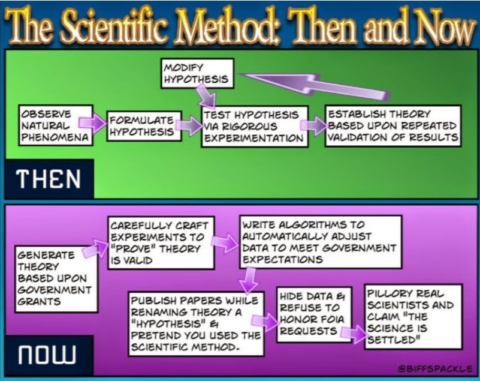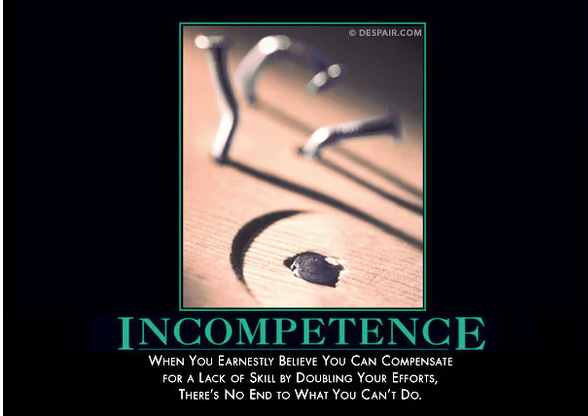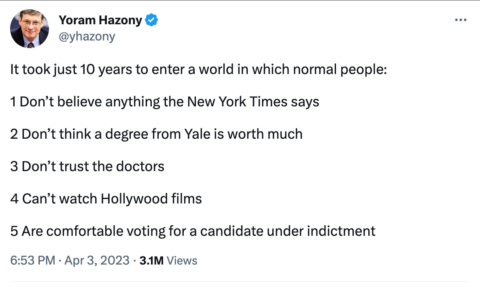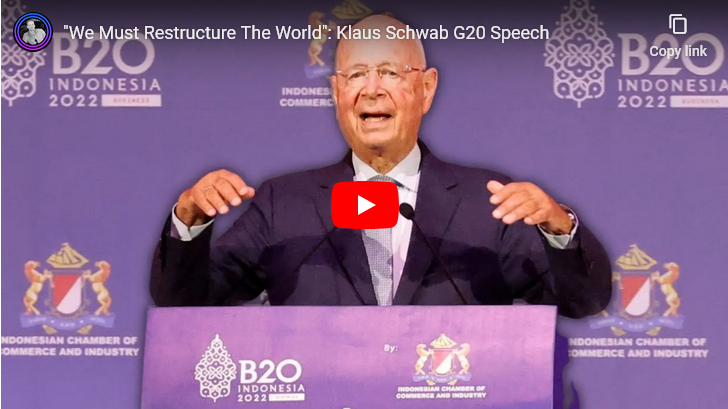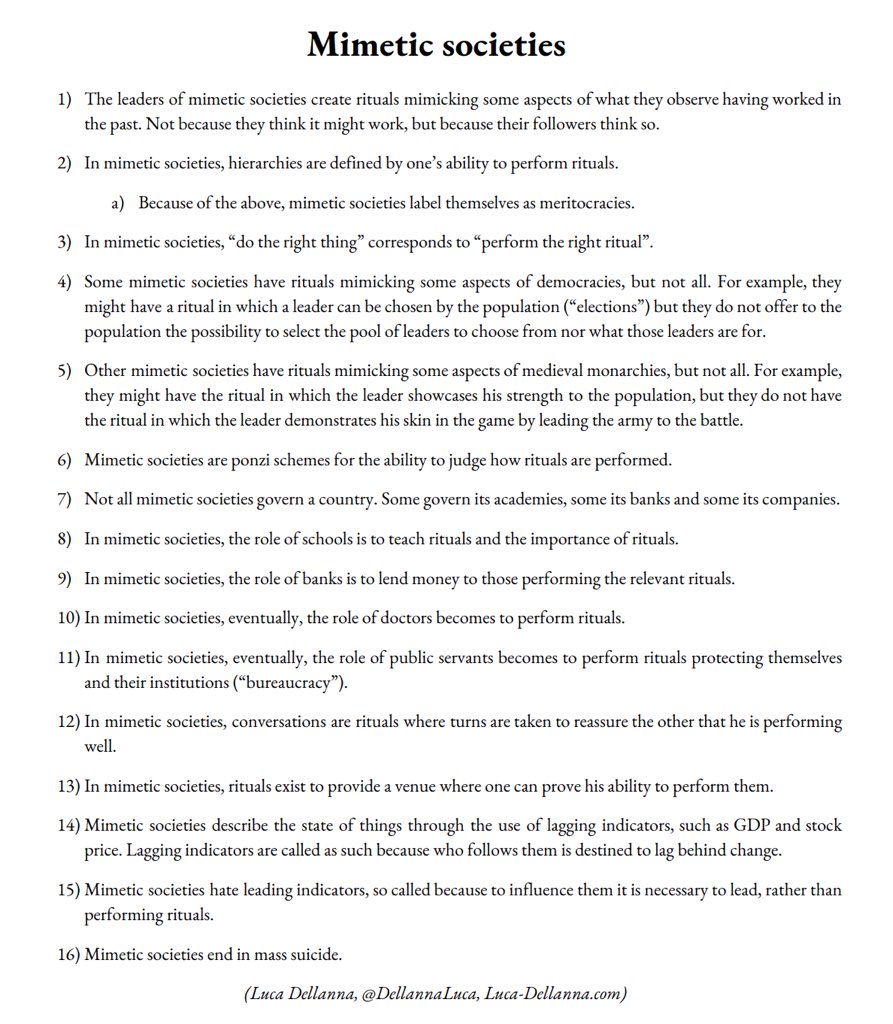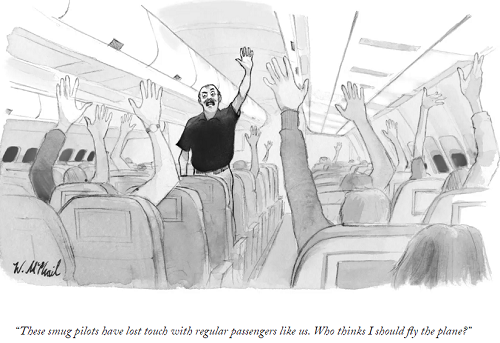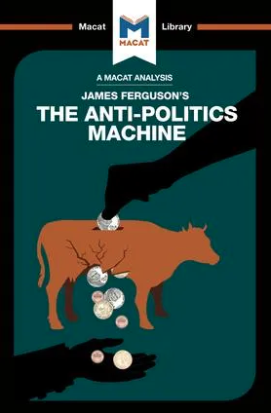Ted Gioia is both surprised and pleased that so many people responded to his recent anti-technocatic message:
When I launched The Honest Broker, I had no intention of writing about tech.
My main vocation is in the world of music and culture. My mission in life is championing the arts as a source of enchantment and empowerment in human life.
So why should I care about tech?
But I do know something about the subject. I have a Stanford MBA and spent 25 years at the heart of Silicon Valley. I ran two different tech companies. I’ve pitched to VCs and raised money for startups. I’ve done a successful IPO. I taught myself coding.
I’ve seen the whole kit, and most of the kaboodle too.
I loved it all. I thought Silicon Valley was a source of good things for me — and others.
Until tech started to change. And not for the better.
I never expected that our tech leaders would act in opposition to the creative and humanistic values I held so dearly. But it’s happened — and I’m not the only person who has noticed.
I’ve published several critiques here about the overreaching of dysfunctional technology, and the response has been enormous and heartfelt. The metrics on the articles are eye-opening, but it’s not just the half million views — it’s the emotional response that stands out.
Nobody trusts the technocracy anymore. People suffer from it.
Almost everybody I hear from has some horror story to share. Like me, they loved new tech until recently, and many worked in high positions at tech companies. But then they saw things go bad. They saw upgrades turn into downgrades. They watched as user interfaces morphed into brutal, manipulative command-and-control centers.
Things got worse — and not because something went wrong. The degradation was intentional. It happened because disempowerment and centralized control are profitable, and now drive the business plans.
So search engines got worse — but profits at Alphabet rose. Social media got worse — but profits at Meta grew. (I note that both corporations changed their names, which is usually what malefactors do after committing crimes.)
Scammers and hackers got more tech tools, while users got locked in — because those moves were profitable too.
This is the context for my musings below on the humanities.
I don’t want to summarize it here — I encourage you to read the whole thing. My only preamble is this: the humanities aren’t just something you talk about in a classroom, but are our core tools when the human societies that created and preserved them are under attack.
Like right now.



